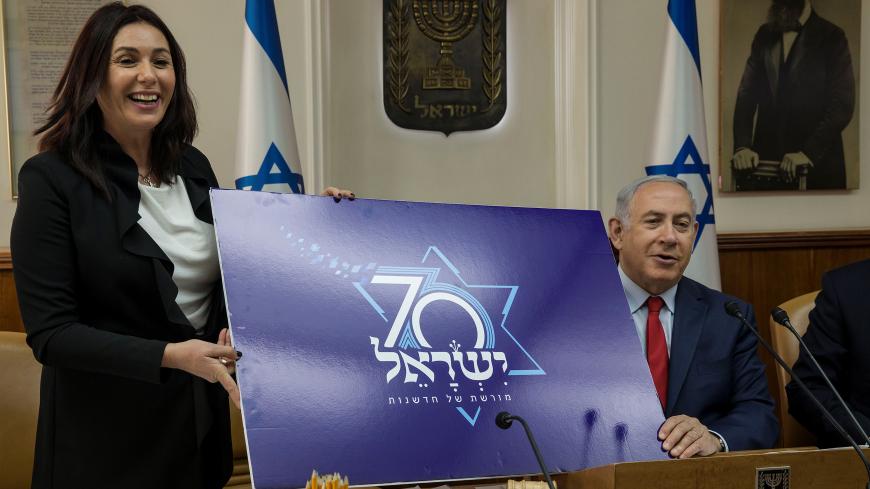In a special interview with six former heads of the Mossad, published in Yedioth Ahronoth newspaper on Passover eve (March 30), Nahum Admoni expressed his concern about the growing rifts within Israeli society. Admoni, who served as director of the Mossad from 1982 to 1989, told the interviewer, “It is stronger now than it ever was before. I mean the rift between religious and secular Jews, and between Mizrahi Jews and Ashkenazi Jews. It hasn’t been closed in years. It is only getting wider.”
The entire interview was an elegy to the country that was, expressed by a group of people who were and still are among the most powerful and best-connected individuals in Israeli society. Yet their criticism of the growing rifts seems tedious at best. It has become a kind of worn-out mantra that politicians and other public figures use so frequently that it is not at all clear what it really means.



